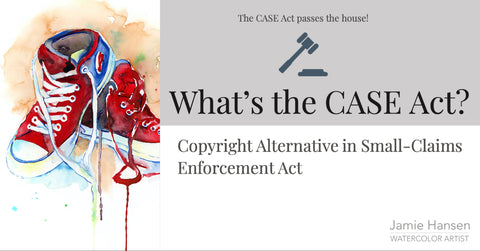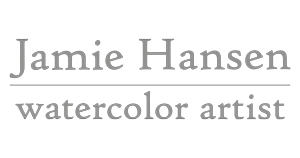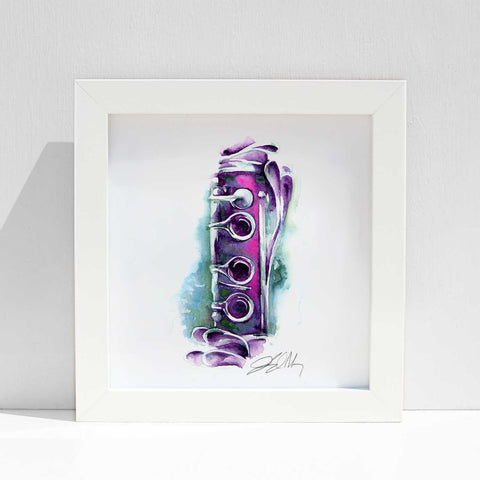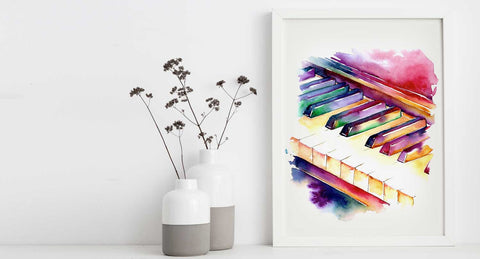
The CASE Act passes the house! Here's more about the CASE act.
A few nights ago, I found a hi-res copy of a crest that I drew on a website where users could exchange free .png files. I spent hours creating that file and the art, and didn't know why it was up on the internet for free. I briefly wondered if there was any way that I could get some compensation for the use of my art. Then I considered the difficulty, sighed, and closed my internet browser.
I've just bought my latest edition of the Pricing and Ethical Guidelines Handbook from the Graphic Artists' Guild. The Guild has been advocating and working to educate its members about the CASE Act legislation for the past several months. I wanted to dive into what that means to me as a creative.
The Case Act is short for Copyright Alternative in Small-Claims Enforcement. It seeks to give a more affordable alternative to artists like me who find that someone is using a piece of their art without permission.
Currently, the tool that artists use to combat unauthorized use of their images starts with a DCMA takedown notice. DCMA stands for Digital Millennium Copyright Act. According to the procedures in the law, the artist or copyright owner notifies the internet service provider that the use of their image, video, or music is not authorized. They state evidence supporting their ownership or authorship of the work. If the ISP does not remove the content, then they open themselves up for potential secondary liability for assisting with copyright infringement.
The current system for mediating copyright infringement takes place in federal court. It's a costly process that is daunting for solo artists like me. While I would love the exposure of a "viral post," the idea that an illustration that I created would be stripped of my name and then widely circulated is also a little terrifying.
There is a lot of nuance to any piece of legislation and I'm no expert. But the CASE act aims to make it easier and more affordable for artists and copyright holders to assert authorship rights if their work is infringed. They could go to small-claims court or a regional court to file a dispute. I still hope that it's a long time before I have to go to battle for my rights as a creator, but I'm grateful that there are other organizations campaigning to make the process easier for creatives like me.


